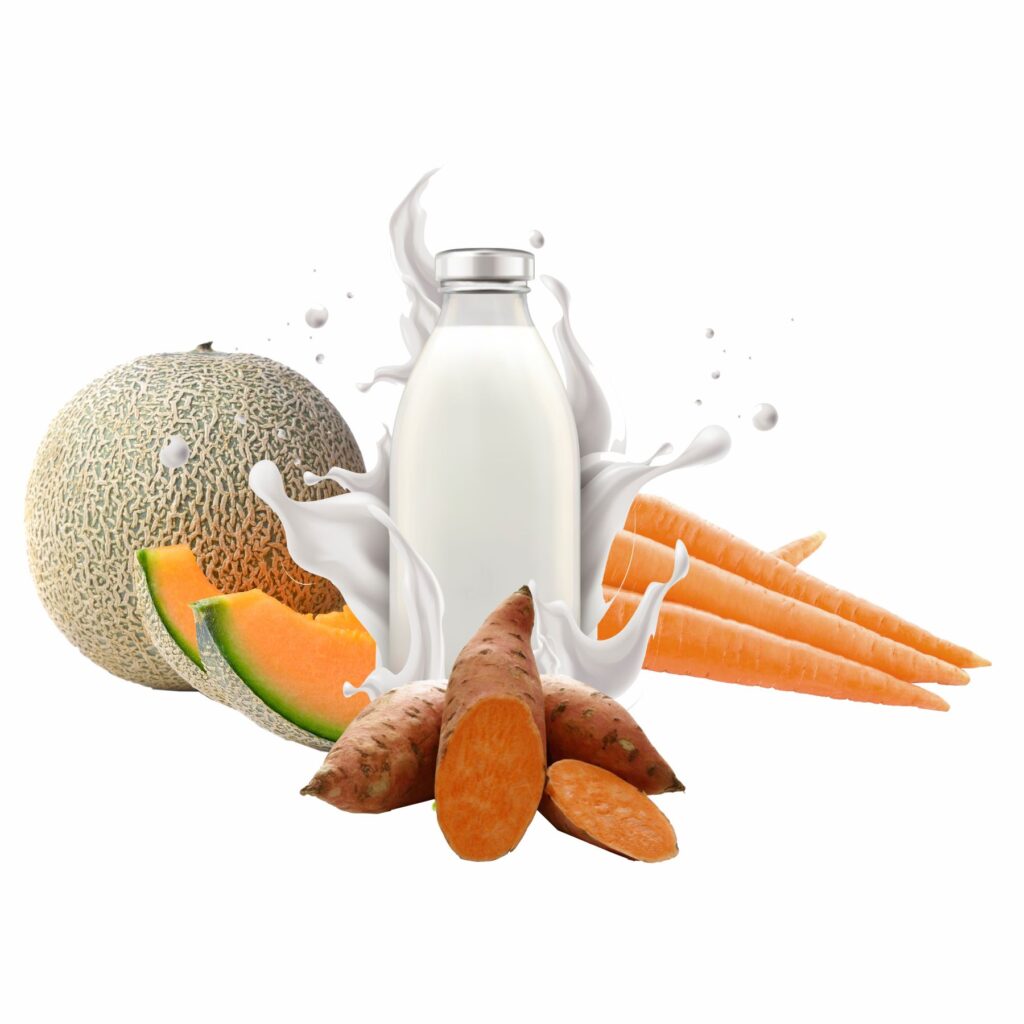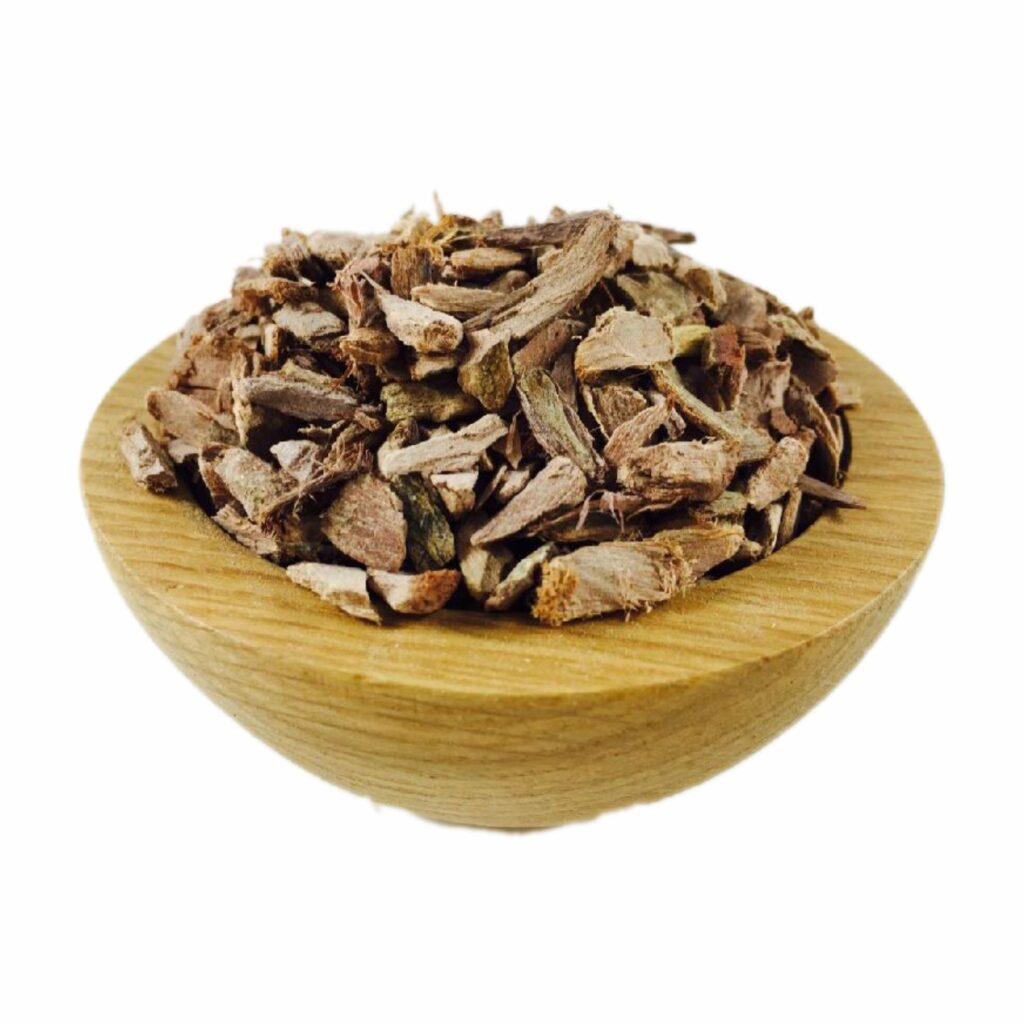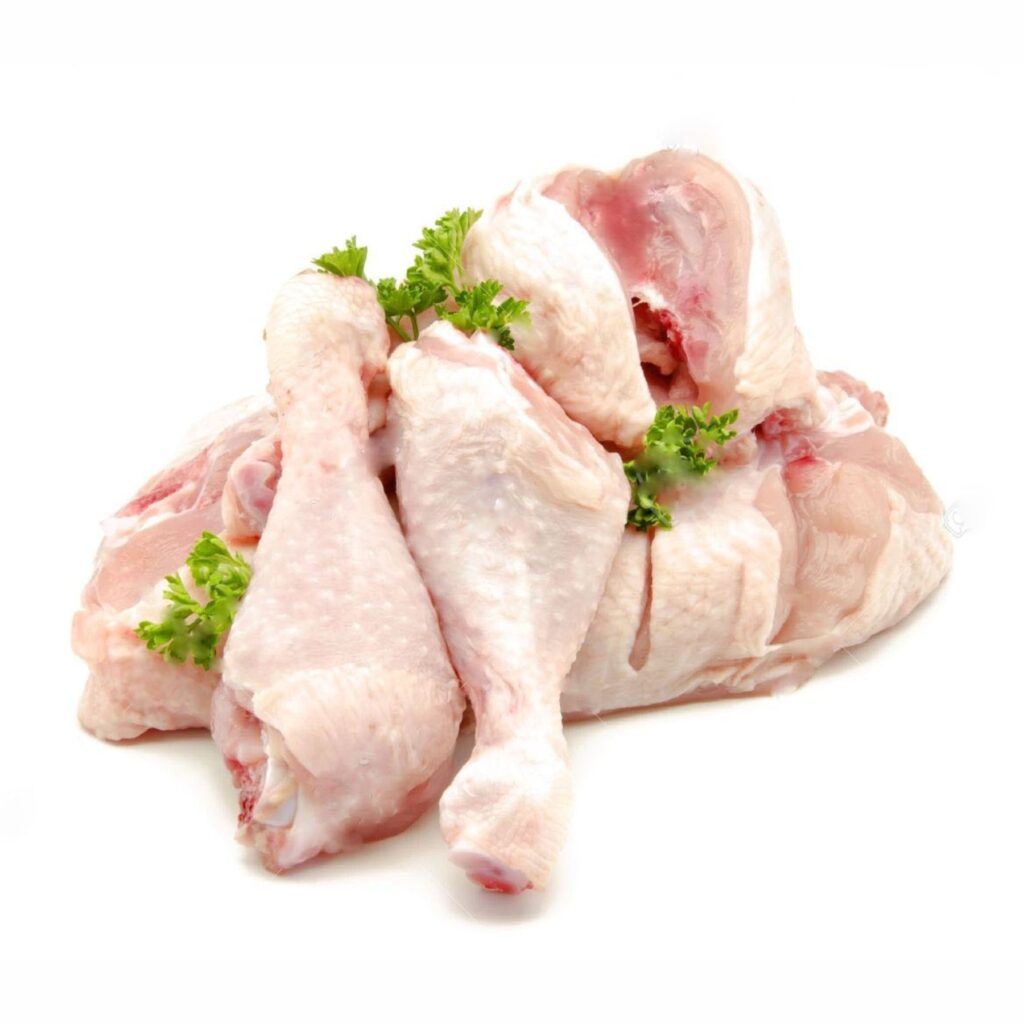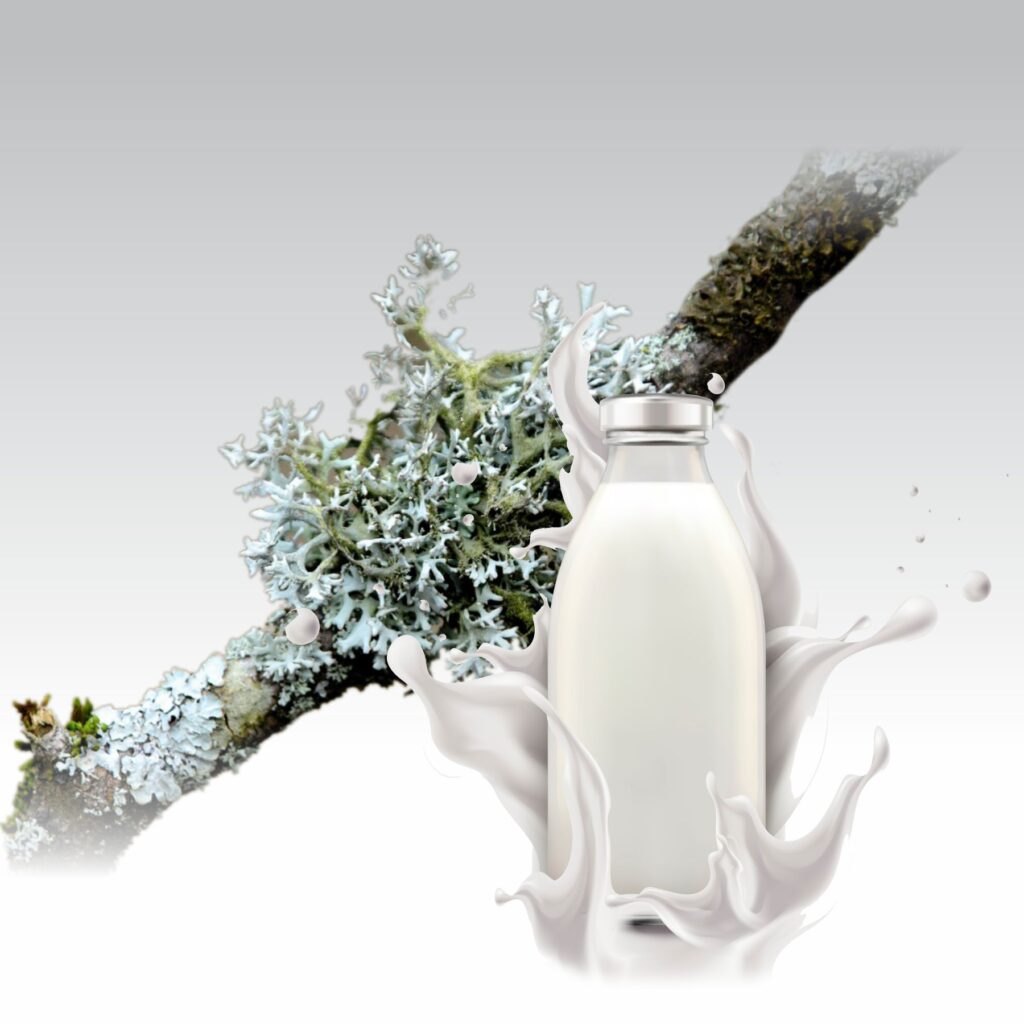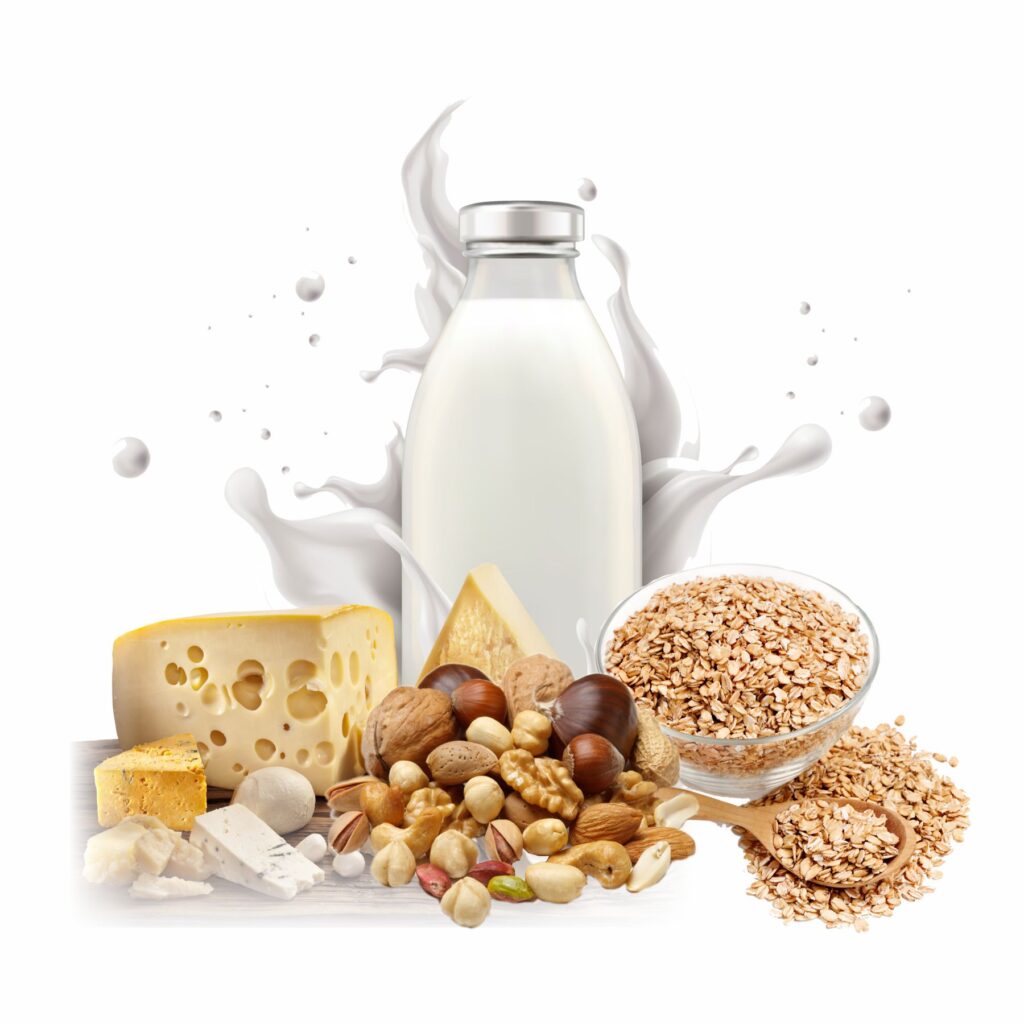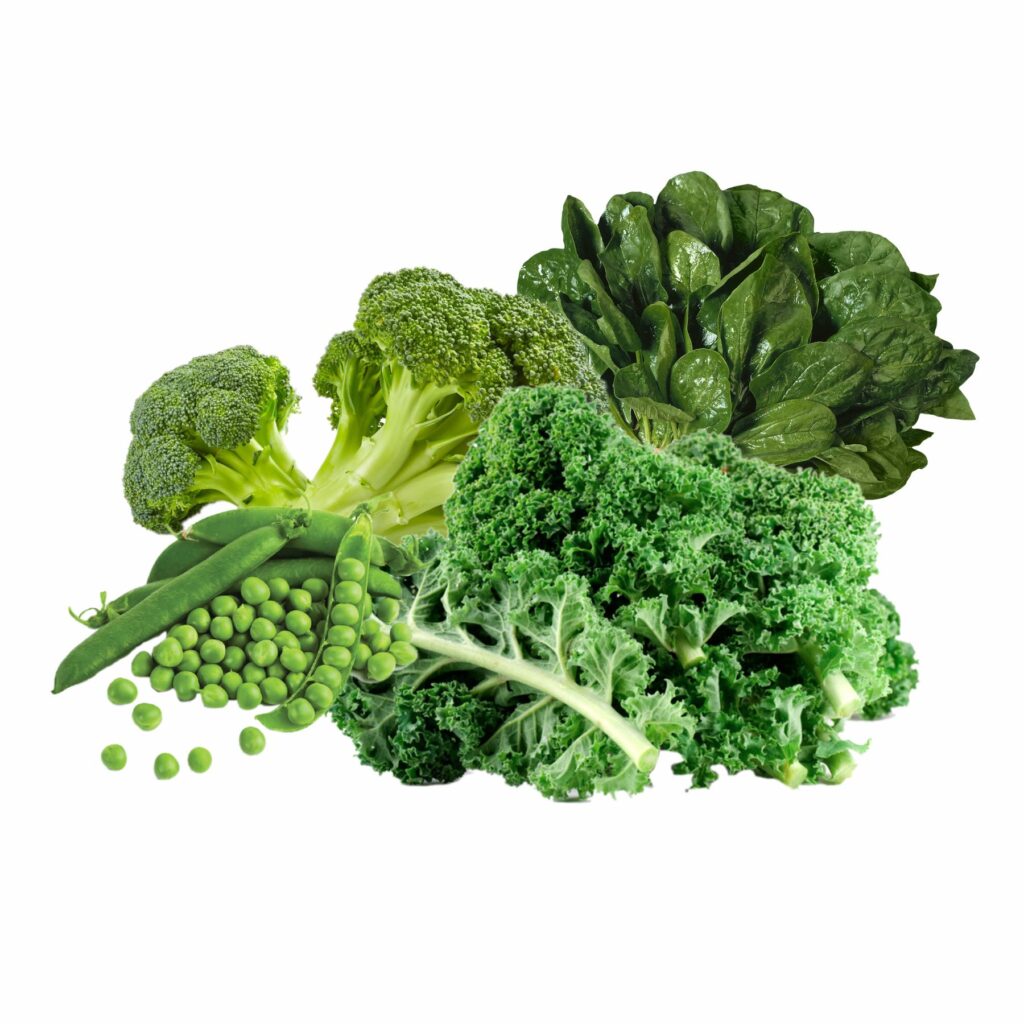Adopting a vegan or vegetarian lifestyle can be a great way to improve your overall health and well-being. However, one of the common concerns for those considering this lifestyle change is whether they can consume enough protein to support their daily needs. This comprehensive guide will help you discover the ultimate high-protein vegan and vegetarian diet, featuring easy & homegrown options that will ensure you’re meeting your protein requirements while enjoying delicious and nutritious meals.

Understanding Protein Requirement
Before diving into the high-protein vegan and vegetarian diet options, it’s essential to understand your protein requirements. Protein is a vital macronutrient that plays a crucial role in various bodily functions, such as building and repairing tissues, producing hormones and enzymes, and supporting immune function.
The Recommended Dietary Allowance (RDA) for protein is 0.8 grams per kilogram of body weight for adults. However, athletes, pregnant women, and those recovering from injuries may require more protein. It’s worth noting that the quality of protein is equally important, with plant-based sources sometimes considered “incomplete” due to their lower levels of some essential amino acids. However, by consuming a variety of plant-based proteins, you can easily obtain all the essential amino acids your body needs.
Top 10 High-Protein Vegan & Vegetarian Foods
1.Legumes
Legumes, such as beans, lentils, and chickpeas, are an excellent source of protein for vegans and vegetarians. They are versatile, affordable, and easy to incorporate into various dishes, such as soups, salads, and stews. Each serving of legumes can provide between 15-18 grams of protein, making them a staple in any high-protein plant-based diet.
1.1 Beans
Beans, including kidney, black, and pinto beans, are packed with protein, providing approximately 15 grams per cooked cup. They are also excellent sources of complex carbohydrates, fiber, iron, folate, phosphorus, potassium, and manganese.
1.2 Lentils
Lentils offer 18 grams of protein per cooked cup and can be used in various dishes, including salads, soups, and dahls. They are also a great source of fiber, iron, and folate.
1.3 Chickpeas
Chickpeas, or garbanzo beans, boast around 15 grams of protein per cooked cup. They can be used in salads, stews, or as the main ingredient in dishes like hummus and falafel.
2.Whole Grains
Whole grains are another essential component of a high-protein vegan and vegetarian diet. They provide essential nutrients and fiber while offering significant protein levels.
2.1 Quinoa
Quinoa is a pseudocereal that is naturally gluten-free and provides 8-9 grams of protein per cooked cup. It is also an excellent source of complex carbohydrates, fiber, iron, magnesium, phosphorus, and manganese.
2.2 Amaranth
Amaranth, another gluten-free pseudocereal, offers 9 grams of protein per cooked cup. It is also rich in iron, calcium, magnesium, and phosphorus.
2.3 Oats
Oats are a fantastic way to add protein to your diet, with half a cup of dry oats providing 5 grams of protein and 4 grams of fiber. They are also an excellent source of magnesium, zinc, phosphorus, and folate.
3.Nuts and Seeds
Nuts and seeds are nutrient-dense food sources that can significantly contribute to your daily protein intake.
3.1 Almonds
Almonds are a popular and versatile nut that provides approximately 6 grams of protein per ounce. They are also a great source of healthy fats, fiber, vitamin E, and magnesium.
3.2 Chia Seeds
Chia seeds contain 5 grams of protein and 10 grams of fiber per ounce, making them a valuable addition to any vegan or vegetarian diet. They are also high in omega-3 fatty acids, iron, calcium, and magnesium.
3.3 Hemp Seeds
Hemp seeds offer an impressive 9 grams of protein per 3-tablespoon serving. They are also a good source of omega-3 and omega-6 fatty acids, iron, magnesium, and zinc.
4.Soy-based Foods
Soybeans and their derivatives are complete sources of protein and are popular in vegan and vegetarian diets.
4.1 Tofu
Tofu is a versatile and nutritious food made from soybean curds, providing about 10 grams of protein per 3.5 ounces. It is also a good source of iron, calcium, and magnesium.
4.2 Tempeh
Tempeh, made from fermented soybeans, provides around 19 grams of protein per 3.5 ounces. It is also rich in probiotics, fiber, iron, and magnesium.
4.3 Edamame
Edamame, or immature soybeans, offers 17 grams of protein per cooked cup. They are also an excellent source of fiber, iron, and magnesium.
5.Seitan
Seitan, made from wheat gluten, provides a whopping 25 grams of protein per 3.5 ounces. It is a popular meat substitute, with a texture similar to that of meat when cooked. Seitan is also a good source of selenium, iron, and calcium.
- Nutritional Yeast
Nutritional yeast, a deactivated strain of yeast, provides 8 grams of protein and 3 grams of fiber per half-ounce. It is also an excellent source of B vitamins, zinc, magnesium, and copper.
- Green Peas
Green peas are a surprisingly protein-rich food, offering nearly 9 grams of protein per cooked cup. They are also a great source of fiber, vitamins A, C, and K, and various essential minerals.
- Sprouted Grains
Sprouted grains, such as Ezekiel bread, provide slightly more protein than traditional bread, with two slices offering approximately 8 grams of protein. Sprouting grains can also improve their nutritional profile, increasing their levels of soluble fiber, vitamins, and minerals.
- Plant-based Protein Powders
Plant-based protein powders, such as pea protein, brown rice protein, and hemp protein, can be a convenient way to increase your protein intake. They can be easily mixed into smoothies, oatmeal, or used in baking recipes.
- Mycoprotein
Mycoprotein, a non-animal-based protein derived from fungus, is used in various meat substitutes, providing 15-16 grams of protein per 3.5-ounce serving. It is also a good source of fiber.
Tips for Maximizing Protein Intake
- Combine different protein sources: To ensure you’re getting all the essential amino acids, combine various plant-based protein sources in your meals.
- Incorporate protein-rich foods in every meal: Aim to include a protein source in each meal and snack to boost your overall protein intake.
- Be mindful of portion sizes: Make sure to consume adequate portions of high-protein foods to meet your daily protein needs.
- Opt for whole foods: Whenever possible, choose whole food sources of protein over processed alternatives.
Conclusion
By incorporating a variety of high-protein vegan and vegetarian foods into your diet, you can easily meet your protein requirements while enjoying a wide range of delicious and nutritious meals. Planning and combining different protein sources will ensure you’re obtaining all the essential amino acids your body needs, promoting optimal health and well-being.


